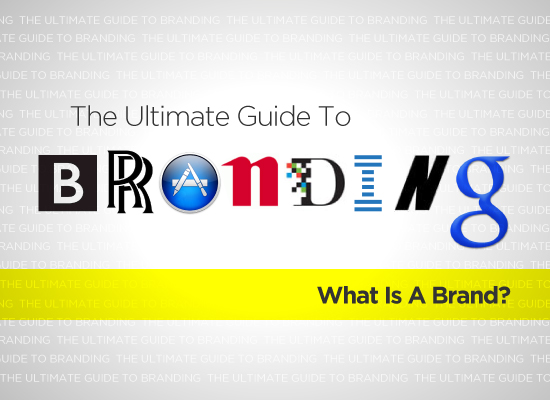Welcome to the first post in the ‘ultimate guide to branding’ blog series. We have to start somewhere so I am going to share with you some branding basics. It’s a branding 101 class if you like. We are all pretty savvy when it comes to brands but do we really know what a brand is?
Whether you are a not for profit or a business, you all have a brand, and you all need to understand how branding can help you in what you do. If you can’t define what a brand is how will you ever define how to position your brand (We’ll talk about brand positioning in another post soon and it’s importance).
There are a myriad of definitions out there, here are just a few of branding definitions I’ve seen (hang in there with me, some may feel a bit technical and boring):
The marketing practice of creating a name, symbol or design that identifies and differentiates a product from other products. (Entrepreneur)
A construct that delivers marketing promises to facilitate the formation of a mutually beneficial and evolving bond between the seller (or corporation) and its stakeholders based on functional and emotional values. (Strategy Insider)
A “name, term, design, symbol, or any other feature that identifies one seller’s good or service as distinct from those of other sellers. A brand may identify one item, a family of items, or all items of that seller. If used for the firm as a whole, the preferred term is trade name.” American Marketing Association
Now these are rather dull and boring marketing definitions of a brand. They are spot on in terms of the technical definition of a brand but you would think as marketers, communications guru’s we could come up with definitions that connect with the reader rather than the professional marketer?
Wrong. We jump into professional speak to try to look smarter. What we in fact do is bore the heck out of everyone instead!
I’m going to try and define a brand in everyday language that normal people like you and I can understand.
Your brand is:
Your organisations visual presence and your target market’s gut response to it
Let’s unpack that a bit more.
A brand isn’t just your logo
Your brand isn’t just your logo or brand mark. Often when you hear people talk about branding they focus on the logo. The brand is so much more than just a logo. The logo is obviously the most identifiable mark of your brand, but it isn’t all it is. For example Coca-Cola has a very strong brand, but you will see it represented in all kinds of different ways in all kinds of visual mediums such as TV, print and web. The words COKE or Coca-Cola remain the same but the visual presence changes around it.
What is your visual presence?
If your logo is the tip of your brand iceberg then the rest of your visual presence is everything else underneath that. It’s the colour palette and the look and feel of the graphics around your logo. For example. Coke’s colour palette is red, white, black and silver. Coke owns the colour red in the soft drinks market. Which means that when you think about soft drinks and red you would naturally think of Coke. That’s ownership right there. Their fonts change depending on how they have extended their brand into the different products (I’ll talk about brand extension in a later post), but the overall colour scheme helps them
What is a gut response?
A gut response is usually how a consumer first responds to hearing or seeing your brand message. What they feel about your brand. For example what is the first words that come into your mind when I say Coca-Cola? For some of you it may be refreshing and fizzy which is the surface level response. But many of us sub-consciously would associate ourselves or disassociate ourselves with Coke. Some of us will think that by drinking it we are cool, part of the in crowd. Some others would think that Coke is uncool, or we would just think about the sugar, or a corporate that wants to take over the world.
Every time I ever think about Coke all I can think of is sugar. The amount of sugar in each drink. That is my gut response so I won’t drink it. Coke knew through research that there were many guys out there like me who were conscious of the sugar for various reasons and wouldn’t drink it. They won’t diet Coke because it was to girly in its positioning so they created a strong brand that appealed to men. The way they did that was to create Coke Zero.
How about you? How do certain brands make you feel? How would you define a brand? Comment below






